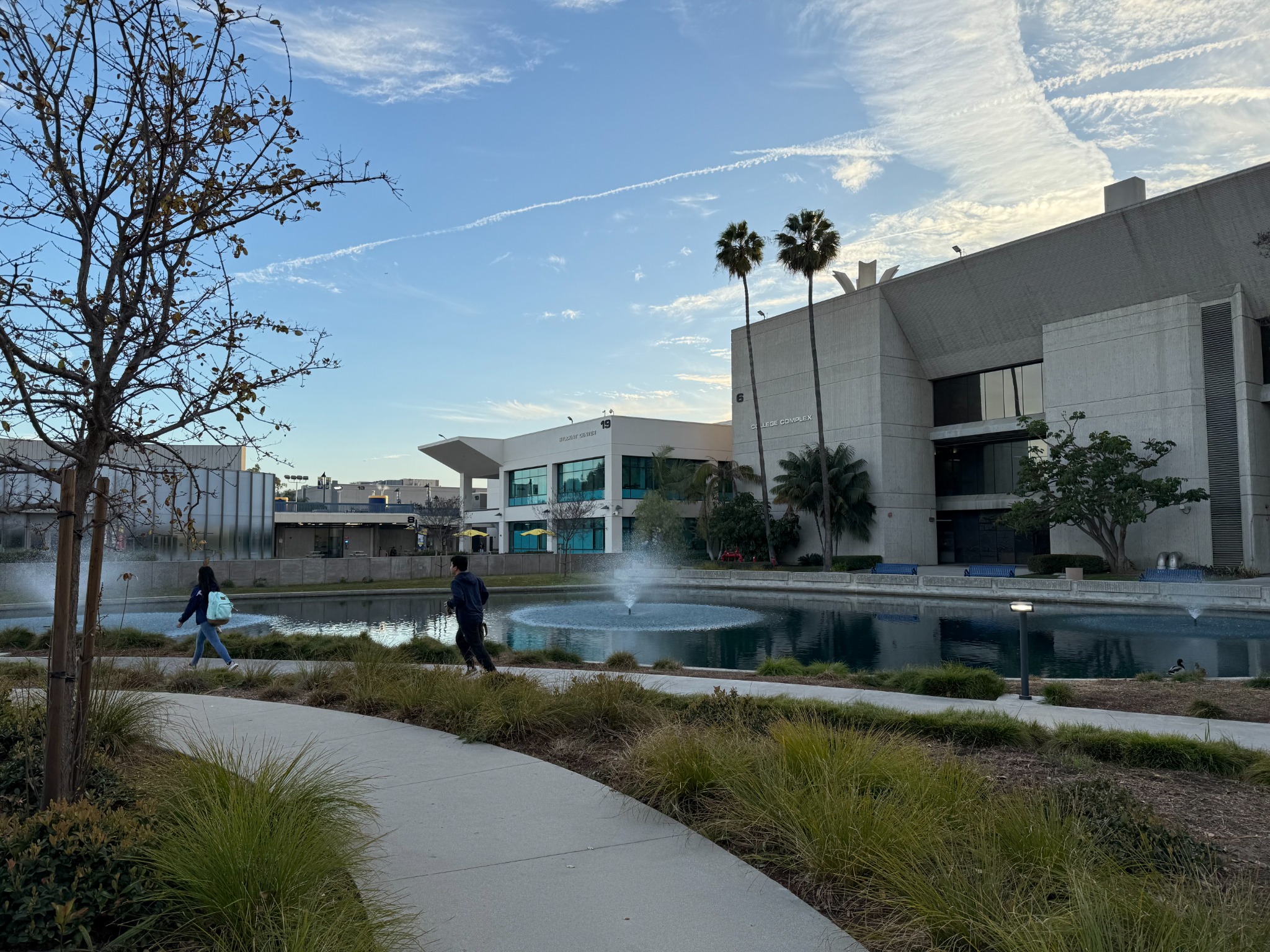
Free Food for the Spring Semester at Cypress College
According to Dr. Stephen Schoonmaker, Interim Vice President of Administrative Services for Cypress College, by the end of the spring semester, the college will have exhausted its funds for free meals, and discussions have begun about how to provide free and low-cost meals to students for the future.
Schoonmaker has provided data about the free meal program at Cypress College. The Charger Cafe provides approximately 6,000 meals a week and, for the first 6 months of the fiscal year, which began last July, spent approximately $850,000 on student meals. After seeing the impact of the free food program, the Cypress administration has opened the discussion on how to continue the program or provide reduced-price meals.
In order for students to receive their free meals, they must have a Cypress College ID and scan it at the Cafe to get breakfast and lunch from a wide variety of menu items. The meal includes a choice between 2 entrees, 2 to three sides, and a beverage choice. The Cafe has been responsive and provides various options to meet as many students' dietary needs as possible, including adding more vegan and vegetarian options.
The free food program is not the only way students can get access to food on campus; Student Life and Leadership has a food pantry that students can access every Wednesday at 2 separate times a day. Once in the morning from 9 a.m. to noon, and once in the afternoon from 2 p.m. to 4 p.m. All students must do is register during their first visit; after that, they have full access to the pantry.
A graphic from the California Assembly Speaker’s Office of Research and Floor Analysis stated that every 2 of 5 California community college students struggle with low food security. These programs have allowed students to worry less about where their next meal is coming from and focus more attention on their education.
Cypress College has helped its student body by providing these programs and is making efforts to continue them after noticing how much food insecurity has impacted community colleges throughout the state.
Post a comment